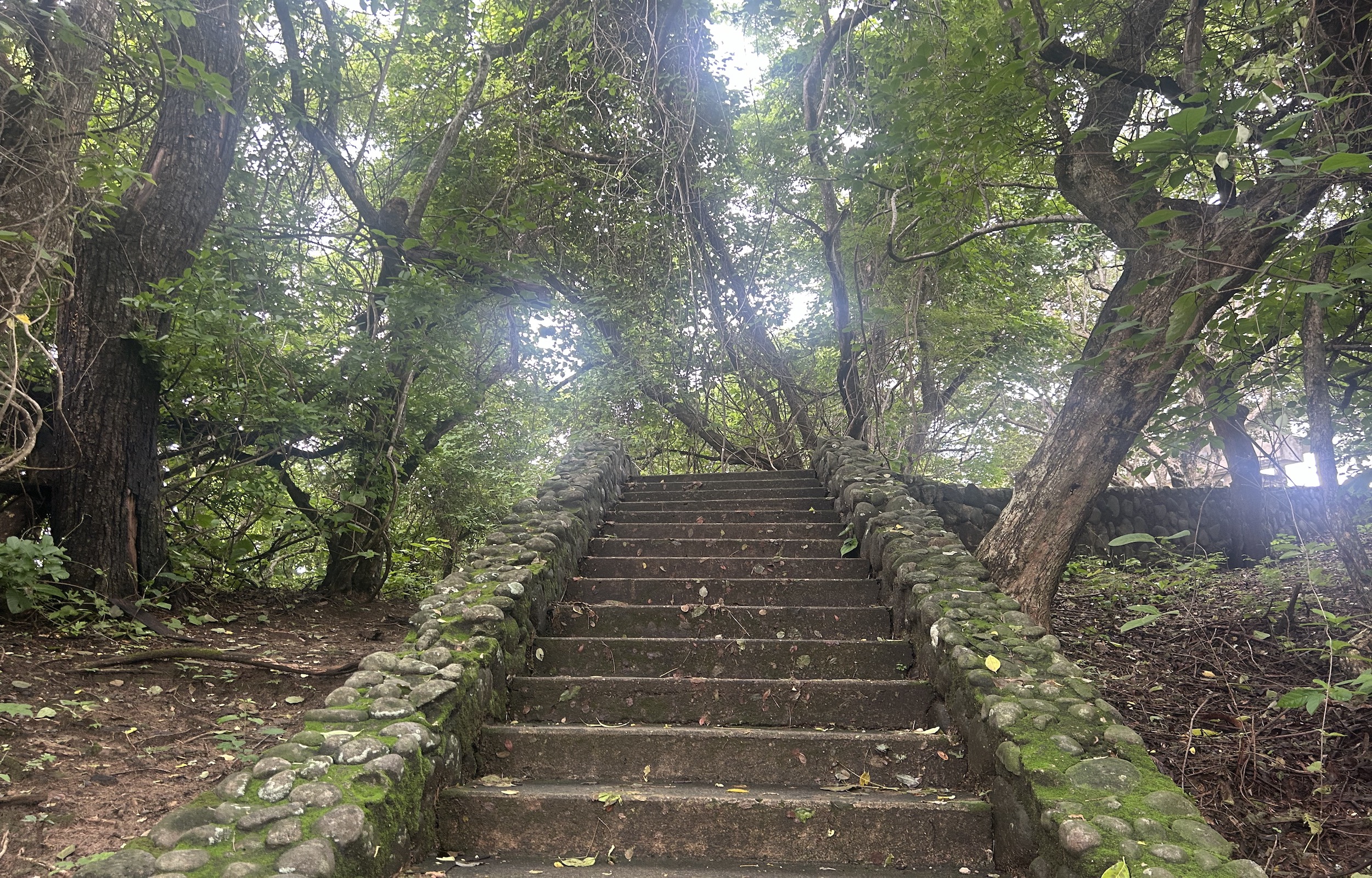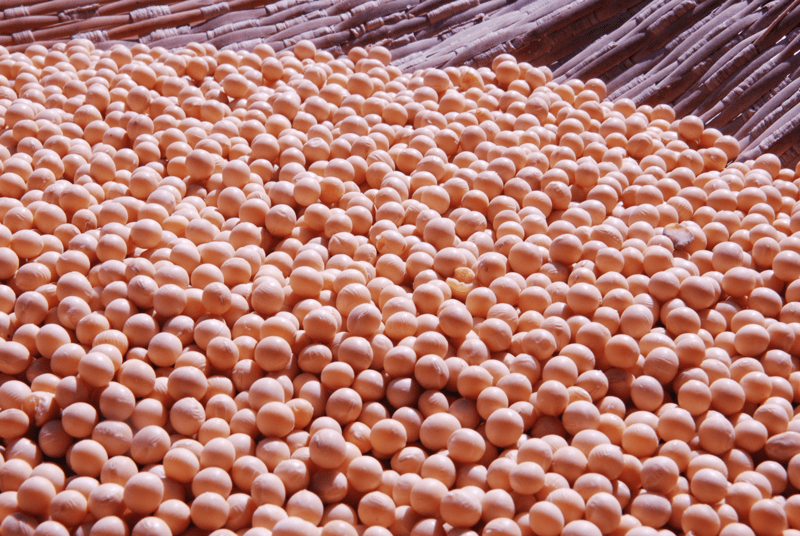About
Growing global demand for soy is driving continuous agricultural expansion and deforestation in Brazil, particularly in the Cerrado region. One option to ease this pressure is to redirect agricultural production towards lands already cleared from native vegetation and degraded pasture lands.
An estimated 40 million hectares of such lands in the Cerrado could be used for this purpose, yet existing funding mechanisms are not enough to redirect soy production into these areas. Furthermore, trade and procurement challenges still need to be solved in order to enable this new market segment to reach the scale required to meet international demand for sustainably-sourced soy.
The Responsible Commodities Facility provides financial incentives to produce soy in existing cleared and degraded lands in order to discourage further expansion of agricultural land in the Brazilian Cerrado.
INNOVATION
The Responsible Commodities Facility (RCF) will supply international markets with a different class of soy that is not linked to any deforestation (including legal) in the Brazilian Cerrado. It will do this through a unique combination of features:
• Attractive crop financing and land restoration loans for soy producers, combining lower interest rates and longer repayment terms than most existing alternatives, to redirect production into previously cleared and degraded lands.
• Commodities produced will be sold to international markets in a dedicated selling platform linked to a blockchain registry.
• Production and compliance with strict eligibility criteria will be constantly monitored by employing a range of traceability systems.
The RCF has the potential to generate over US$ 20 billion worth of soy and corn produced without incurring in any deforestation.
IMPACT
• Aims to channel low cost loans to 600 farms, for a cumulative lending amount of more than US$ 3 billion over 10 years.
• Potential to originate over US$ 20 billion worth of soy and corn produced without incurring in deforestation or further conversion of the Cerrado, ensured by strict eligibility criteria.
• Potential to restore 1.2 million hectares of degraded lands, helping to avoid and sequester up to a total of 55 million tonnes of carbon emissions.
• Positive impact on biodiversity, climate resilience, and compliance with international labor standards, human rights, and social conditions.
DESIGN

The RCF will be managed by an already established, dedicated company, responsible for i) managing the facility and its fund, ii) coordinating other stakeholders, iii) conducting the screening and monitoring of farmers. Financing for the RCF will be raised by issuing investment grade-rated green bonds with different risk profiles, primarily aimed at institutional investors. The first US$ 300 million bond is expected by early 2019.
Through a partnering trading company, the RCF will provide local soy producers, with tailored financing solutions: i) initially, a revolving one-year credit line for soy and corn cultivation in the form of crop financing; ii) then, up to six-year loans to support farmers restoring degraded lands, as well as loans for compliance with the Brazilian Forest Code and financing for on-farm infrastructures.
The soy produced will be sold in a dedicated exchange, linking producers with international buyers interested in sustainable sourcing. A blockchain registry, a land-bank and monitoring and traceability systems will allow for improved transparency, compliance and full traceability of production, and an Environmental Committee, with representatives from the producers, commodity buyers, local NGOs, and financial partners groups will oversee operations.

